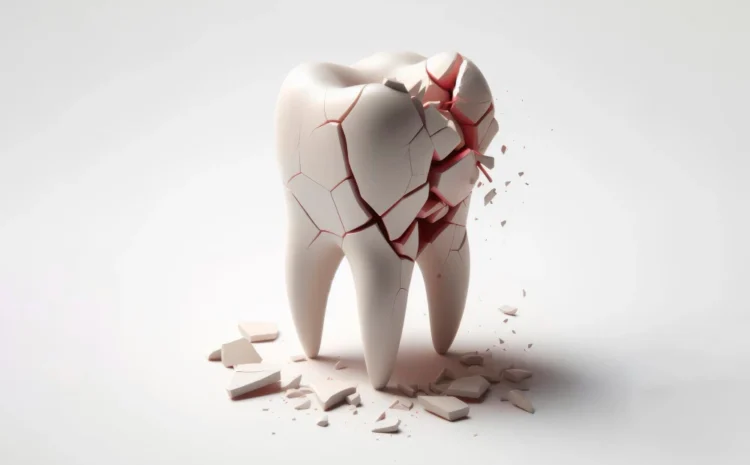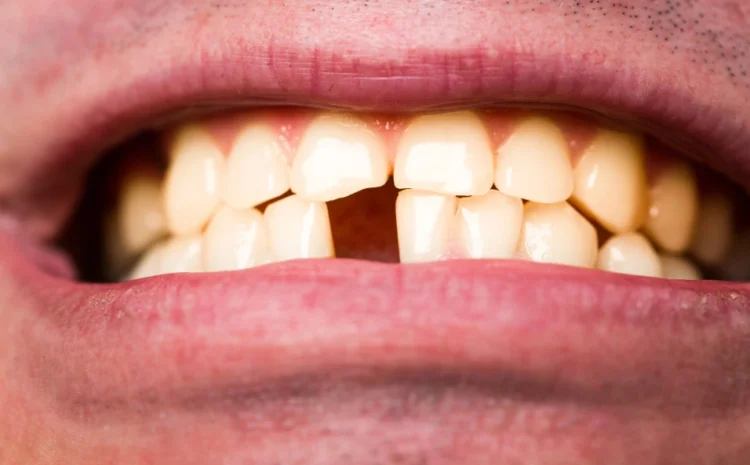
Dental Implants Before and After | Dr Ganesh Bhandari
Introduction
When patients search for “Dental Implants Before and After,” they are usually interested in understanding the full journey—how to prepare, what to expect after treatment, and the benefits of implants compared to other tooth replacement options. Dental implants are one of the most advanced treatments in modern dentistry, offering natural-looking, permanent solutions for missing teeth.
However, achieving successful results requires preparation, proper aftercare, and guidance from an experienced implantologist or prosthodontist. In this blog, Dr. Ganesh Bhandari explains what to expect before and after dental implants, along with expert tips to maximize success.
What Are Dental Implants?
Dental implants are titanium posts surgically inserted into the jawbone to serve as artificial tooth roots. Once the bone heals and fuses with the implant (a process called osseointegration), a crown, bridge, or denture is attached to restore full function and aesthetics.
Compared to dentures and bridges, implants are more durable, prevent bone loss, and closely mimic the look and feel of natural teeth.
Dental Implants Before: Essential Preparations
Before undergoing implant surgery, patients must take certain steps to ensure smooth treatment and long-term results.
1. Stop Smoking at Least 6 Months Before Surgery
Smoking reduces blood circulation, delays healing, and increases implant failure risk. Dr. Bhandari recommends quitting at least six months before implant surgery and avoiding smoking afterward.
2. Don’t Delay Treatment to Prevent Bone Loss
Waiting too long after losing a tooth leads to jawbone resorption. Early implant placement prevents this problem and increases implant longevity.
3. Get Medical Clearance if Needed
Patients with conditions like heart disease, diabetes, or those on blood thinners may require consent from their physician or cardiologist before implant surgery.
4. Digital Scans and Pre-Surgical Planning
X-rays and 3D scans are taken to assess bone density, gum health, and jaw structure. This planning improves safety and accuracy during surgery.
5. Balanced Diet and Good Oral Hygiene
A nutritious diet strengthens immunity and aids healing, while good oral hygiene reduces infection risk and improves treatment success.
Dental Implants After: Recovery and Care
Post-surgery care plays a critical role in the success of dental implants.
1. Follow Post-Operative Instructions
Each patient heals differently, so following the exact instructions from your implantologist or prosthodontist is essential.
2. Avoid Hard and Sticky Foods
Hard foods (like nuts or candy) and sticky foods (like caramel) can put pressure on implants. Stick to soft foods during the healing phase.
3. Practice Excellent Oral Hygiene
Brushing, flossing, and rinsing with antibacterial mouthwash daily help protect the implant site and surrounding gums.
4. Schedule Regular Checkups and X-rays
Routine dental visits and periodic X-rays allow the dentist to check the health of the bone around implants and ensure stability.
5. Long-Term Care for Implants
- Avoid smoking permanently.
- Eat a well-balanced, nutrient-rich diet.
- Stay consistent with professional dental cleanings and follow-ups.
Dental Implants Before and After: The Transformation
The difference patients experience with dental implants is remarkable.
Aspect | Before Dental Implants | After Dental Implants |
Appearance | Missing teeth, sunken cheeks | Natural smile, youthful look |
Function | Difficulty chewing, unstable dentures | Strong bite, freedom to eat normally |
Confidence | Self-conscious, hiding smile | Restored confidence, improved self-esteem |
Oral Health | Risk of bone loss, shifting teeth | Bone preservation, stable alignment |
Longevity | Temporary fixes (dentures/bridges) | Long-lasting, often lifelong solution |
This transformation explains why implants are considered the gold standard in tooth replacement.
Cost of Dental Implants in India
The cost of dental implants varies depending on:
- Number of implants required
- Type of crown (ceramic, zirconia, or porcelain-fused-to-metal)
- Need for bone grafting or sinus lift
- Materials and technology used
- Experience of the implantologist or prosthodontist
Although the initial cost is higher than other dental options, implants are more cost-effective in the long run because they can last a lifetime with proper care.
Expert Tips from Dr. Ganesh Bhandari
For successful implant outcomes, Dr. Ganesh Bhandari recommends:
- Stop smoking at least 6 months before surgery and avoid it afterward.
- Get implants done on time to prevent bone loss.
- Follow instructions from your implantologist or prosthodontist.
- Avoid very hard or sticky foods.
- Maintain excellent oral hygiene.
- Schedule regular checkups and X-rays to monitor bone health.
- Medically compromised patients may need clearance from their physician or cardiologist.
- Eat a balanced, healthy diet to aid recovery.
FAQs on Dental Implants Before and After
1. How long do dental implants last?
With proper care, implants can last 15–25 years or even a lifetime. Good oral hygiene and regular checkups increase longevity.
2. Is dental implant surgery painful?
The procedure is performed under local anesthesia, so patients feel minimal pain. Some mild soreness or swelling may occur afterward but usually subsides within a few days.
3. How soon can I eat normally after dental implants?
Soft foods are recommended initially. As healing progresses, you can slowly return to a normal diet, avoiding very hard or sticky foods in the early phase.
4. What happens during the healing period?
During recovery, the implant fuses with the jawbone in a process called osseointegration. This ensures stability and long-term success of the implant.
5. Are dental implants suitable for everyone?
Most adults with healthy gums and sufficient bone are good candidates. Patients with uncontrolled diabetes, heart issues, or bone loss may need extra care or additional treatments.
Conclusion
The journey of dental implants before and after shows how this treatment can transform not only your smile but also your confidence and overall quality of life. From careful preparation before surgery to strict aftercare routines, every step contributes to long-term implant success.
With the guidance of Dr. Ganesh Bhandari, patients receive personalized care for safe, predictable, and long-lasting results. If you are considering implants, consulting an experienced Dentist in Kharghar ensures that your treatment is done with precision and expertise.
Dental implants are more than a dental procedure—they are a lifelong investment in your oral health, appearance, and self-esteem.



